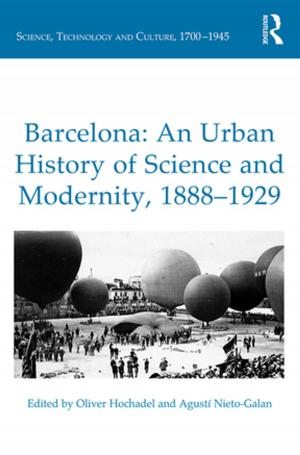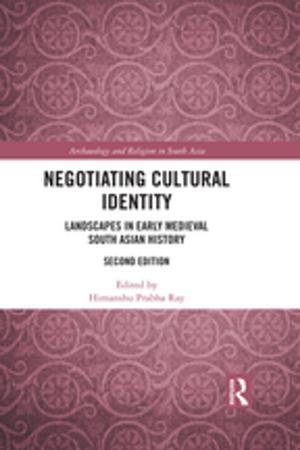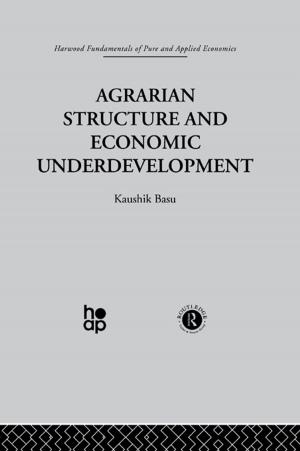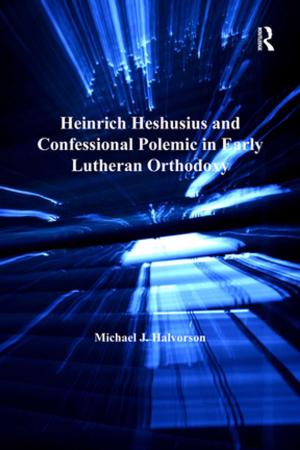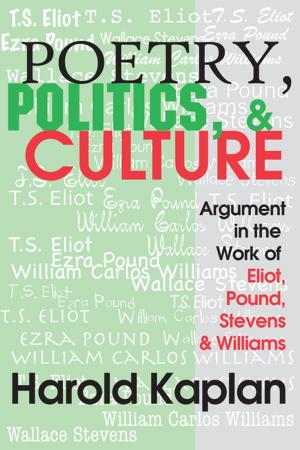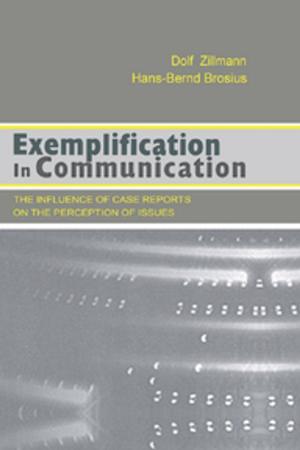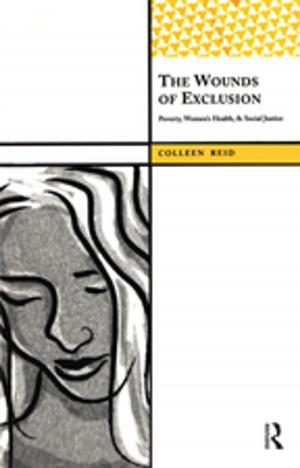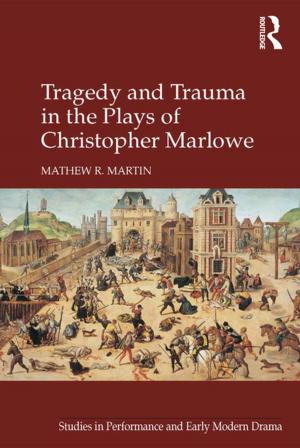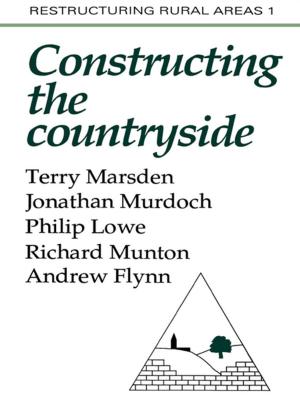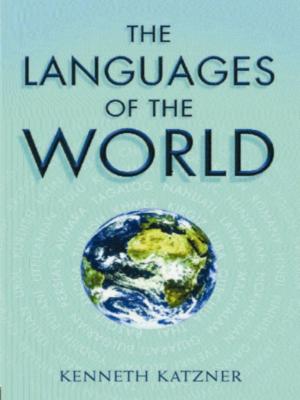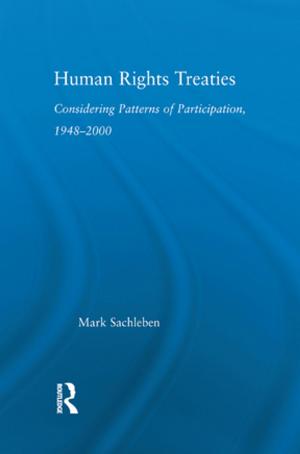| Author: | Mason M. Charlotte | ISBN: | 9781351344845 |
| Publisher: | Taylor and Francis | Publication: | March 29, 2018 |
| Imprint: | Routledge | Language: | English |
| Author: | Mason M. Charlotte |
| ISBN: | 9781351344845 |
| Publisher: | Taylor and Francis |
| Publication: | March 29, 2018 |
| Imprint: | Routledge |
| Language: | English |
School Education, the third volume of Charlotte Mason's Homeschooling Series, consists of thoughts about the teaching and curriculum of children aged 9-12, either at school or at home. She suggests that parents should practice what she calls "masterly inactivity"-not neglectful or permissive parenting, but simply allowing children to work things out for themselves, do things for themselves, learn from their own mistakes, and to have time for free play, and space for spontaneity.
Charlotte Mason uses "living books" instead of dry textbooks; in this book, she discusses what kinds of books to look for in each subject, and how to use them to teach children to love knowledge and become real readers and lifelong learners. Charlotte Mason was a late nineteenth-century British educator whose ideas were far ahead of her time. She believed that children are born persons worthy of respect, rather than blank slates, and that it was better to feed their growing minds with living literature and vital ideas and knowledge, rather than dry facts and knowledge filtered and pre-digested by the teacher.
Her method of education, still used by some private schools and many homeschooling families, is gentle and flexible, especially with younger children, and includes first-hand exposure to great and noble ideas through books in each school subject, conveying wonder and arousing curiosity, and through reflection upon great art, music, and poetry; nature observation as the primary means of early science teaching; use of manipulatives and real-life application to understand mathematical concepts and learning to reason, rather than rote memorization and working endless sums; and an emphasis on character and on cultivating and maintaining good personal habits. Schooling is teacher-directed, not child-led, but school time should be short enough to allow students free time to play and to pursue their own worthy interests such as handicrafts.
School Education, the third volume of Charlotte Mason's Homeschooling Series, consists of thoughts about the teaching and curriculum of children aged 9-12, either at school or at home. She suggests that parents should practice what she calls "masterly inactivity"-not neglectful or permissive parenting, but simply allowing children to work things out for themselves, do things for themselves, learn from their own mistakes, and to have time for free play, and space for spontaneity.
Charlotte Mason uses "living books" instead of dry textbooks; in this book, she discusses what kinds of books to look for in each subject, and how to use them to teach children to love knowledge and become real readers and lifelong learners. Charlotte Mason was a late nineteenth-century British educator whose ideas were far ahead of her time. She believed that children are born persons worthy of respect, rather than blank slates, and that it was better to feed their growing minds with living literature and vital ideas and knowledge, rather than dry facts and knowledge filtered and pre-digested by the teacher.
Her method of education, still used by some private schools and many homeschooling families, is gentle and flexible, especially with younger children, and includes first-hand exposure to great and noble ideas through books in each school subject, conveying wonder and arousing curiosity, and through reflection upon great art, music, and poetry; nature observation as the primary means of early science teaching; use of manipulatives and real-life application to understand mathematical concepts and learning to reason, rather than rote memorization and working endless sums; and an emphasis on character and on cultivating and maintaining good personal habits. Schooling is teacher-directed, not child-led, but school time should be short enough to allow students free time to play and to pursue their own worthy interests such as handicrafts.

